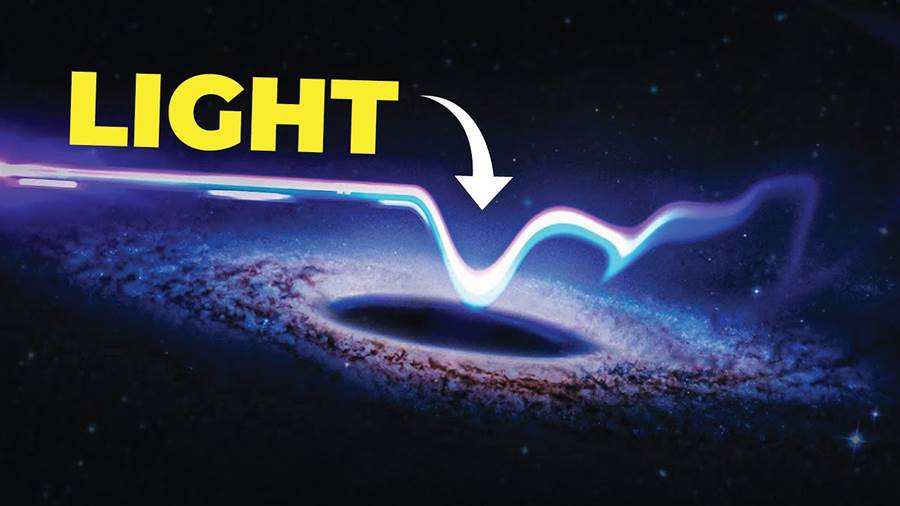
The article discusses how the passage of time affects light. It explains that light travels at a fixed speed, known as the speed of light, and that this speed is constant regardless of the observer's frame of reference. However, the article reveals that when an observer is moving relative to a light source, the perception of time and the behavior of light can be altered.
According to the article, time dilation is a phenomenon that occurs when an observer is in motion. As an observer approaches the speed of light, time appears to slow down for them compared to a stationary observer. This means that the moving observer experiences time at a slower rate.

The article also mentions the concept of light travel time. It explains that when light travels from a distant celestial object, such as a star, to an observer on Earth, there is a time delay due to the finite speed of light. The article clarifies that light does not instantaneously appear to the observer, but rather takes time to reach them. This means that the observer sees the object as it appeared in the past, depending on the distance between the object and the observer.
Moreover, the article discusses the effect of gravity on light. It explains that gravity can curve the path of light, causing it to travel in a curved trajectory rather than a straight line. This can lead to phenomena like gravitational lensing, where the light from a distant object is bent due to the gravitational pull of a massive object like a black hole or a galaxy.
Furthermore, the article highlights the redshift phenomenon. It explains that when an object is moving away from an observer, the light emitted by that object appears to be shifted towards longer wavelengths, making it appear more red.
In conclusion, the passage of time has a significant impact on light. Factors such as time dilation, light travel time, gravity, and redshift influence the behavior and perception of light. Understanding these effects is crucial for studying celestial objects and unraveling the mysteries of the universe.








